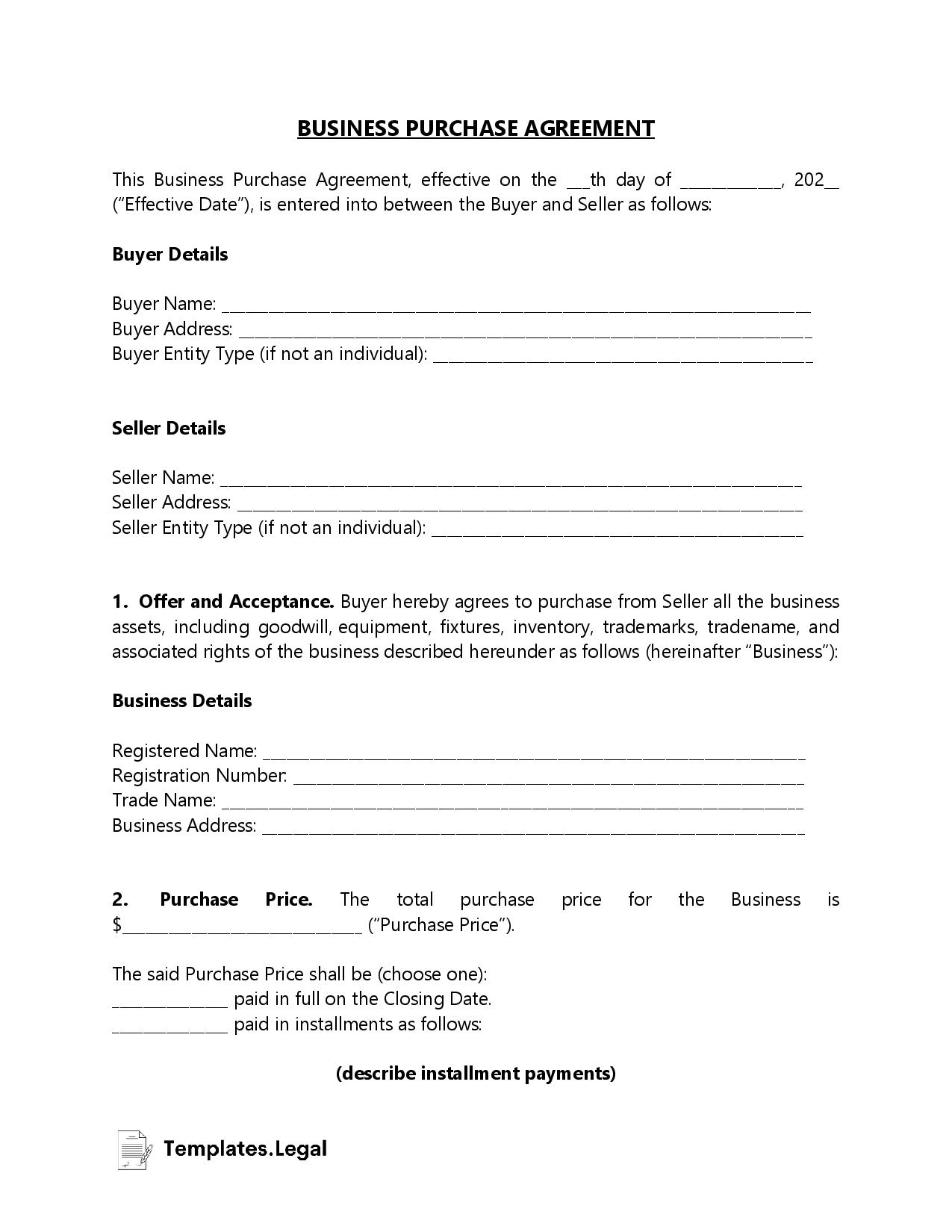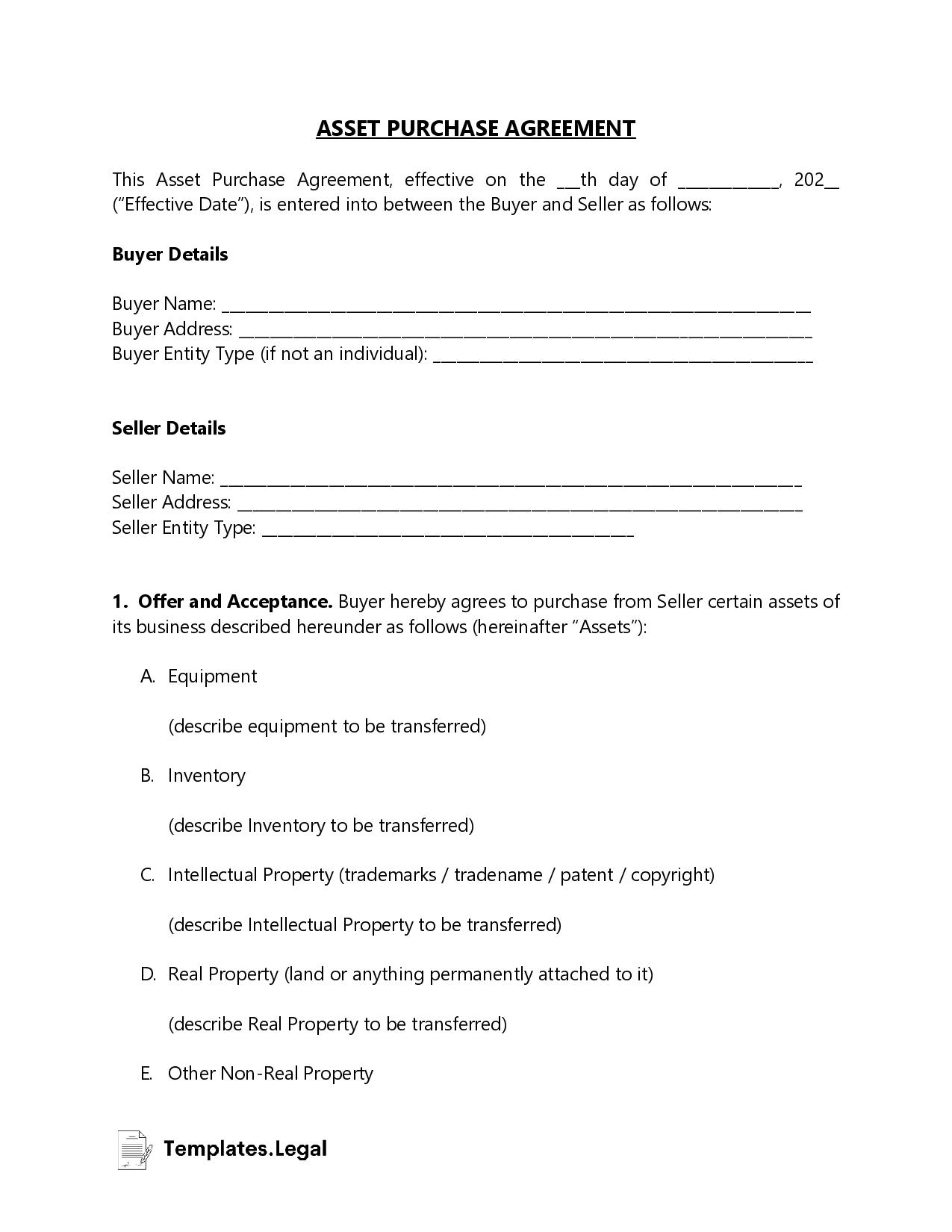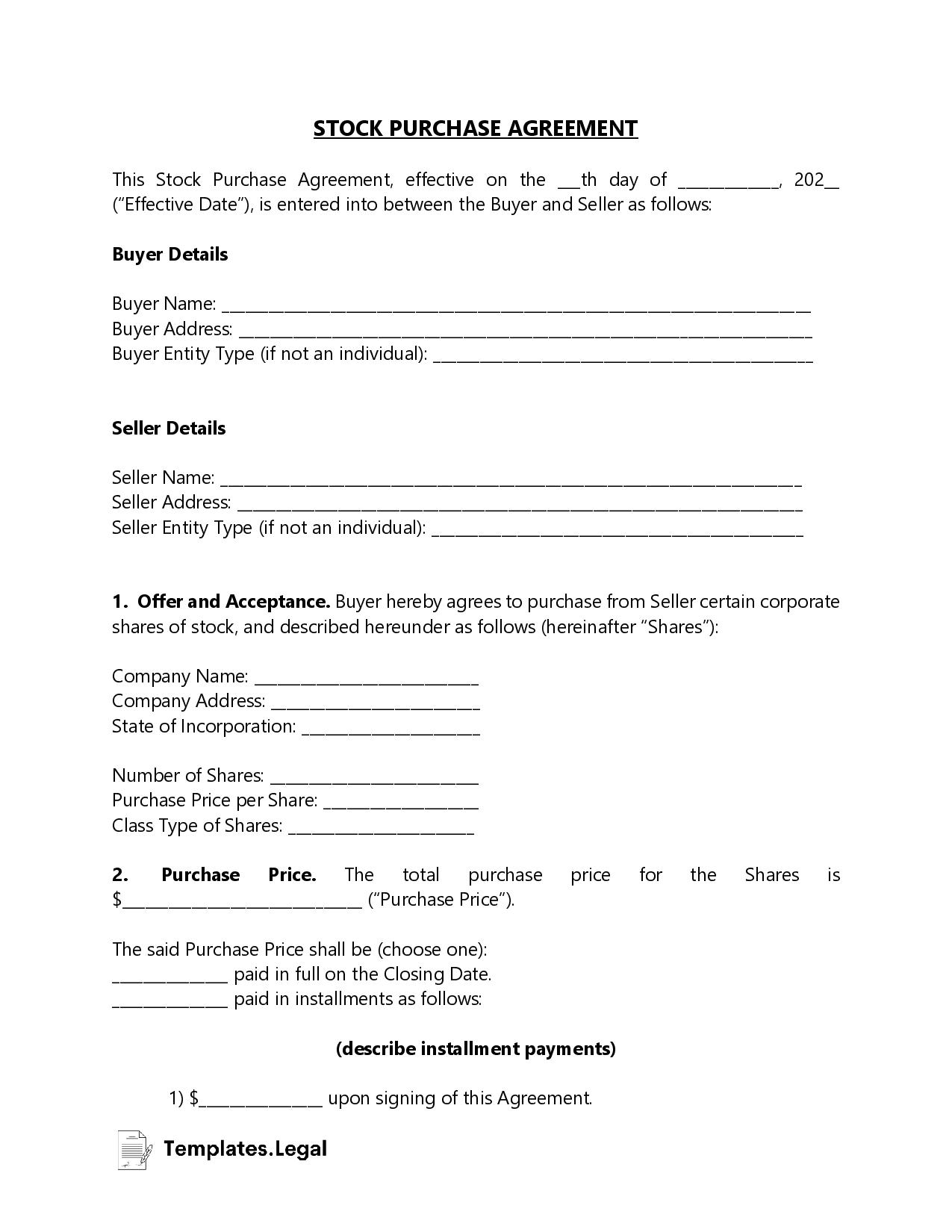
A New Jersey purchase agreement is a binding agreement between two parties. It indicates the agreed-upon trade of property for monetary exchange. Purchase agreements are mutually beneficial and legally protect both the buyer and seller.
Contents hideThe details within a legally binding agreement should be clear to both parties signing, before or closing, the New Jersey purchase contract. Continue reading for more information on the details of these significant, legal agreements.
These contracts outline an agreed-upon transaction of dwelling property from the seller to the buyer. New Jersey Licensed real estate agents will create a New Jersey purchase contract for their client, whether their client is the seller or the buyer.

These agreements are similar to real estate agreements – but they are a lot more intricate. Due to the complexities of New Jersey business law, it’s important to use an attorney for this type of transaction.

Business sales contracts deal with things real estate agreements do not, such as:
An asset agreement is a legally binding contract outlining a transaction involving the transfer of possessive property that is not considered real estate, business, or stock. An example of this is the purchase of a vehicle.

A land purchase agreement is a form of real estate transaction that does not include a dwelling. A realtor will also have the proper purchase agreement forms for this type of transaction.

The sale of stocks in New Jersey should also be documented in a written agreement.

Every state has its own specific set of laws and regulations on purchase agreements. Here are some of New Jersey’s noteworthy guidelines:
You can write a purchase agreement in whichever way you’d like. It’s best to keep your document organized and provide as much detail as possible. You can make use of a template to help you with this.
Does a purchase agreement need to be notarized in New Jersey?Some purchase agreements require notarization for finalization. However, New Jersey also accepts verbal contracts as legally binding. It’s best to check with an attorney for your specific transaction.